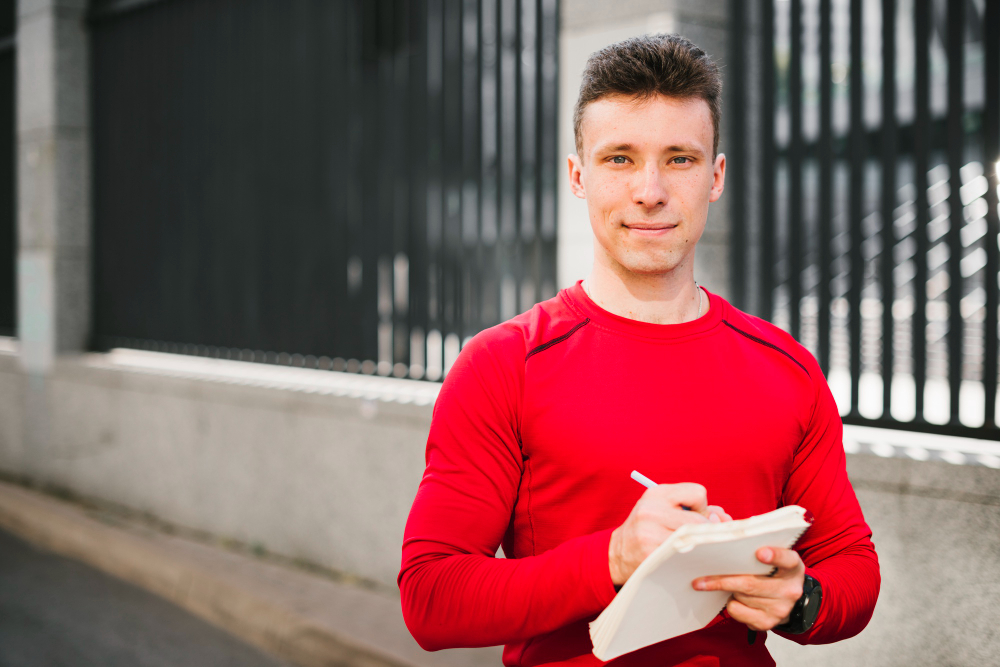It's ideal for people who enjoy working with others, are passionate about sport, and want a hands-on, applied learning experience.
What You Study
This degree combines sport, education, management and social science. You’ll typically cover:
-
Coaching practice and theory – how to plan, deliver and evaluate coaching sessions
-
Sport development – using sport to support inclusion, community health and engagement
-
Leadership and communication – working with different groups and managing teams
-
Event and project management – planning and running sport programmes or events
-
Inclusion and equality in sport – understanding barriers and how to overcome them
-
Work placements – many courses offer placements with schools, clubs or community organisations
You’ll learn through:
-
Practical coaching sessions
-
Group work and presentations
-
Community sport projects
-
Reflective practice and mentoring
-
Guest speakers from the sport industry
Useful A-Levels (or equivalent qualifications)
This degree is usually more practical and inclusive than pure science degrees. Useful subjects include:
-
PE
-
Sociology
-
Psychology
-
Business Studies
-
BTECs in Sport, Sport and Exercise Science, or Uniformed Services are widely accepted
Academic requirements are often lower than for Sport and Exercise Science courses, but enthusiasm and experience matter a lot.
What Makes a Strong Application
To make your application stand out:
-
Show genuine enthusiasm for sport and coaching
-
Include hands-on experience, such as:
-
Volunteering with youth sports clubs or school teams
-
Coaching badges (e.g. FA Level 1 or 2, UK Coaching qualifications)
-
Refereeing or officiating experience
-
Sports leadership roles (e.g. in school, Duke of Edinburgh, NCS)
-
-
Talk about what you've learned from helping or leading others in a sport setting
-
Explain your interest in inclusion, development or education through sport
Career Prospects
Graduates can go into a wide range of sport-related roles, especially those that involve working with people. Examples include:
-
Community sport officer
-
Youth sport coordinator
-
Sport coach (school, club, regional or national level)
-
Disability sport coordinator
-
Sport development officer (often working for councils, charities or governing bodies)
-
PE teacher (with a PGCE or similar teaching qualification)
-
Health and activity coordinator
-
Event or programme manager
Transferable skills include:
-
Team leadership
-
Communication and motivation
-
Project management
-
Planning and delivering activities for diverse groups
Studying in the UK vs Other Countries
UK
-
3-year degrees with practical placements and optional coaching qualifications
-
Strong focus on community, inclusion and applied coaching
-
Well connected with local sports clubs, schools and national governing bodies
USA
-
Often part of Sports Management or Physical Education degrees
-
May include options to minor in coaching or leadership
-
Strong links with college sports systems and youth sport
-
Emphasis on varsity sport and athlete development
Canada
-
Mix of Kinesiology, Recreation and Coaching programmes
-
Focus on inclusive sport and physical literacy
-
Community engagement and health often a key theme
Australia and New Zealand
-
Strong community sport culture and government support for active living
-
Coaching and sport development integrated into degrees like Sport and Recreation or Physical Activity & Health
-
Opportunities to work with schools, health campaigns or local sport clubs
Europe
-
Increasing number of English-taught Sport Coaching or Sport Management degrees (especially in the Netherlands, Denmark and Germany)
-
Often more theory-heavy, but some offer hands-on coaching and internship options
-
Lower tuition costs in some countries
Final Thoughts
Sport Development and Coaching is ideal if you want to work directly with people and use sport as a tool for positive change. It suits people who:
-
Enjoy leading and teaching others
-
Want to make sport more inclusive and accessible
-
Prefer applied, hands-on learning to lab work or theory
-
Thrive in team settings and real-world projects





